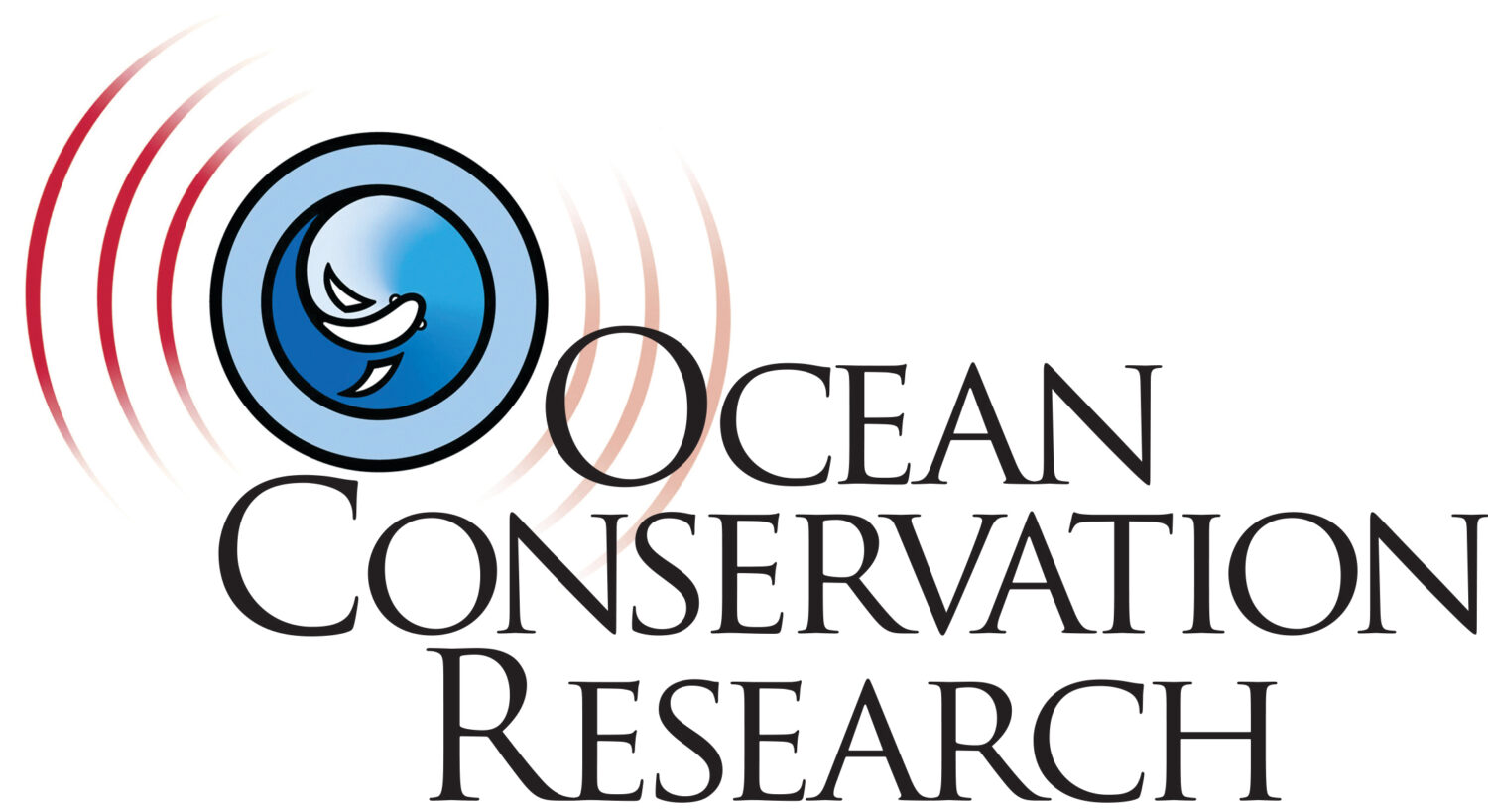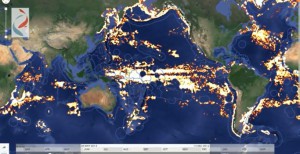It was not so long ago that the unimaginable expanse of the ocean was considered so large that it was impervious to human impacts. Fish were thought to be an inexhaustible resource, and there seemed to be ample water volume in the ocean to dilute all of civilization’s sewage and industrial waste.
It may have been the moon landing – bringing back pictures of our little blue marble that ushered in our collective understanding that the earth was finite. It wasn’t that fish were getting wise to the ways of fishermen that accounted for diminishing catches, it was depleted fisheries. And when the centuries of black sludge dumped off the New Jersey shore threatened to wash up on the beaches a few decades ago it put the practice of dumping sewage and waste in the ocean in perspective.
Humans tend to understand limits by bumping into them. And while this crude method of exploration dominates our inquiry, some new tools and technologies are offering up persuasive, and no less stunning truths about our relationships with the home planet. A project crafted by SkyTruth and supported by Oceana and Google allows a real-time and running view of all global fishing activities. While this project could help regulators and enforcement track and apprehend illegal fishing outfits, it may serve a larger purpose of letting us collectively understand the scale of all fishing operations in the ocean.
Currently only about 2% of the ocean is protected under some form of national or international agreement (as opposed to about 15% of all land). But dramatic maps such as the SkyTruth “Global Fishing Watch” can inspire people to expand marine protected areas. Recent miniaturization of data tags are allowing researchers to follow individual animals revealing something about their habits and migration patterns, but these data also reveal the importance of certain areas to the tagged subjects – and which habitats would be the best candidates for conservation.
The ocean is resilient. For this I am thankful. In a matter of time the impacts of our bad relationships with the ocean can (and will) heal. How much time and how much needed healing hinges on our understanding. I am also thankful for the technologies that help us understand our limits before we bump into them.
Happy Thanksgiving!

